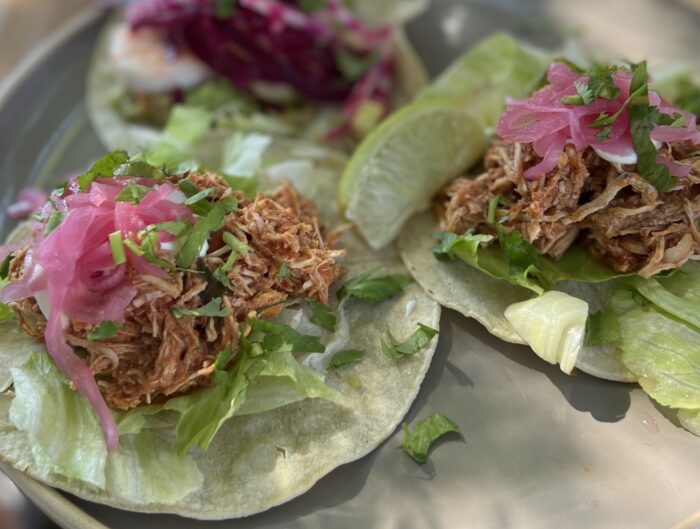I feel like anytime someone says the word “diet” it makes you instantly feel uneasy. Like it’s immediately going to be completely miserable or it’s just another bs gimmick. I guess I can’t blame people for thinking that. There’s so many diets out there, and so many experts touting what they think is the best thing to do. And on top of it all, there’s a whole ton of people that will go out there and try it for a couple days and be done with it. Or do it half-hearted and fail. And now that I think about while I write this; there are a lot of terrible, terrible diets out there. Either it being horribly ineffective, unhealthy, or just flat out miserable to follow. But that’s a whole other rant.
What I learned today, Monday, June 22, 2015 is that there’s actually a five-day diet that may actually be HEALTHY.
A story published this morning on the Washington Post titled, “Here’s how a five-day diet that mimics fasting may ‘reboot’ the body and reduce cancer“. OK, they got my attention.
The piece opens up with the fact that “fasting” is effective for weight loss, improved immune function, and boosting brain function. But, and there’s a big but in there. Doctors hate promoting it because of how dangerous extreme dieting can be overall. OK, fair enough.
It continues to state that scientists have developed a five-day diet that you do once per month, it’s similar to fasting, but not quite as extreme. Researchers of the study call it the “Fasting Mimicking Diet”.
You eat normally for 25 days, then for day one you eat 1,090 calories. 10% protein, 56% fat, and 34% carbs. For days two through five, you’d eat 725 calories. 9% protein, 44% fat, and 47% carbohydrates.
The story from The Washington Post went on to pull a quote from the Telegraph by a nutritional therapist in London named Petronella Ravenshear. She says the diet is less stressful to the body than your typical “fast”, and that it’s heavy on carbs in the form of vegetables packed in phytonutrients and minerals and NOT grain-drives carbs that don’t provide much except for sugar.
How did they test this? Where does it stand?
They had 19 people try the diet for three months and found they all had reduced risk factors for aging, cancer, diabetes, and cardiovascular disease. “Aging”… awesome, I guess we live forever on this.
I don’t know. What did I learn here? What did anyone really learn here?







